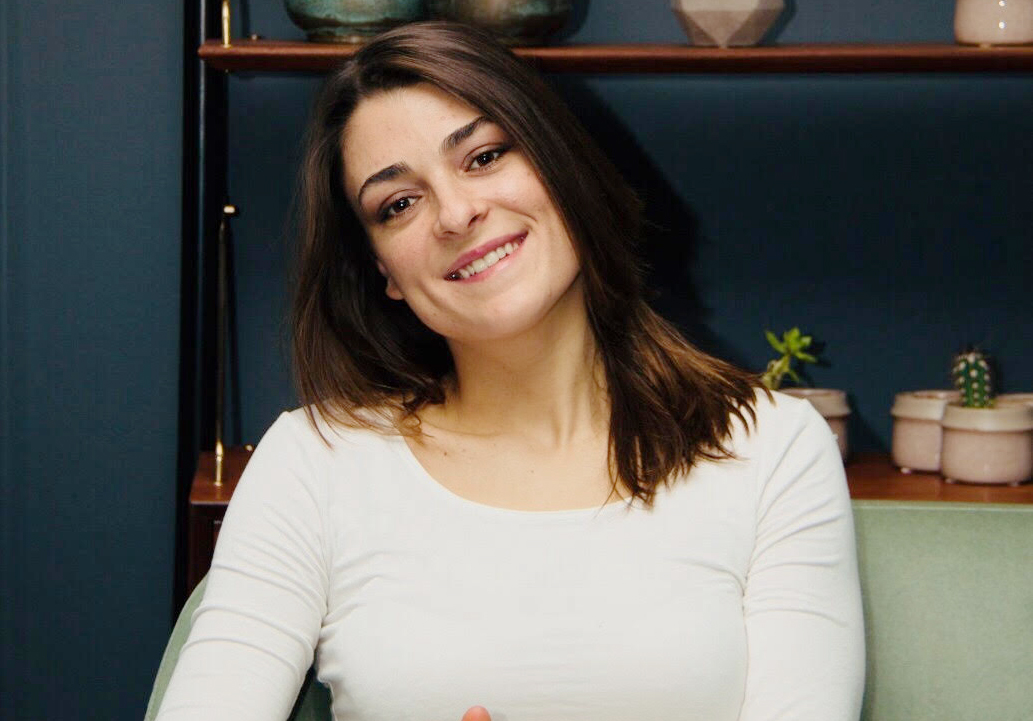Can you describe the condition of the healthcare system in India?
In India, only 20% of the population, which is the poorest, has access to free public healthcare services. This is a major challenge as the quality of services is limited and not everyone has the opportunity to access them. Additionally, healthcare centers often lack electricity and doctors are not always qualified.
What is the reason for this situation?
The main reason is that the Indian government does not invest enough public resources in healthcare. While in Europe and the United States the government spends between 10% and 15% of GDP on healthcare services, in India the percentage is only 2%, which is inadequate. Additionally, there are private healthcare services, but they are paid for, and most of the population does not have health insurance.
How can the situation be improved?
We founded a company that offers comprehensive healthcare services, from diagnostics to emergency hospitalization, to prevention and monitoring of health conditions. A team of highly qualified doctors can intervene at any time. Our goal is to prevent diseases and keep our clients healthy. Additionally, we also offer health insurance to cover expenses if necessary. This way, we offer a complete product and a financially sustainable solution for our clients.
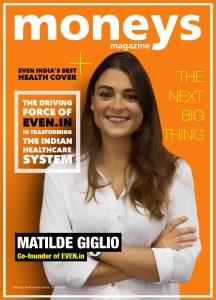 So, you are like a “family doctor”?
So, you are like a “family doctor”?
Exactly, we are like a family doctor, but we also offer healthcare coverage in case of an emergency. It’s like having a family doctor with the ability to receive medical care in case of an accident. Our work mainly consists of preventing health problems.
Do you also provide a listening service, reducing waiting lists?
Absolutely, our goal is to create a new healthcare system that can have an impact on public enterprises. What makes this business model effective is that diagnostic prevention reduces the cost of hospitalization and other medical interventions, thus reducing healthcare costs.
In India, how widespread is awareness of common health problems such as diabetes, cholesterol, high blood pressure, and obesity?
Unfortunately, there is a worldwide epidemic of chronic diseases and the diseases that stem from them. Obesity, depression, and insulin resistance are just some of the problems that are emerging. This is happening because our lifestyle is no longer healthy: we eat too much, spend too much time sitting in front of the TV, and do not do enough physical activity. Additionally, public healthcare systems are overloaded, which makes it difficult for doctors to make a proper diagnosis and give preventative advice. All of this has led to the expansion of diseases like type-two diabetes and high blood pressure, which have reached very high levels in India.
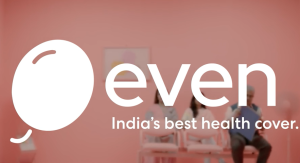 Can you tell us about Even’s pricing plans? What options are available?
Can you tell us about Even’s pricing plans? What options are available?
We offer different pricing plans to meet the needs of the market:
- The first, very affordable, gives you unlimited access to consultations with all of our doctors: pediatricians, nutritionists, psychologists, physiotherapists, general practitioners, and gynecologists. You can have a consultation at any time, day or night, for just $2 a month.
- The second product offers unlimited access to diagnostics and tests, but limits hospitalization.
- The third product covers all hospitalization, including surgeries. The price varies based on age, but in general, it costs around $200 a year, much less than health insurance in the United States, for example.
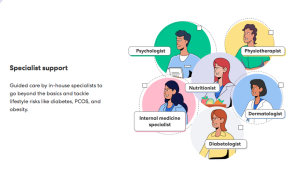
What is Even’s customer base?
To date, Even has over 20,000 customers.
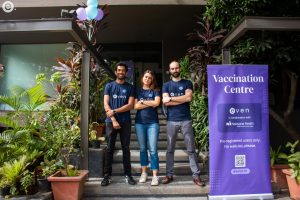 How many people make up Even’s team?
How many people make up Even’s team?
Even’s team consists of about 130 people, of which approximately 40 are physiotherapists and doctors.
Can you tell us about Even’s global expansion plan?
At the moment, Even does not have a global expansion plan because we believe that the market we are focusing on has great potential. There are over 1.2 billion people who are not covered by effective health insurance, and this represents a huge opportunity for us. Our goal is to provide a better prevention and care service than the current one, and if we can capture even a small slice of this market, we could be worth trillions of dollars.
Does Even’s business model work in other countries?
Absolutely. There are other companies in the United States that have adopted a similar model to ours and are valued at hundreds of billions of dollars. I also believe that there are interesting opportunities for a company like ours in Europe, but for now, we are focused on the Indian market.
Can you explain what drives you to be so attentive to the needs of your team and to grant them more than other companies do?
My vision is that to build a successful company, you need extraordinary people, and to attract these people, you need to be generous with them. Too often, entrepreneurs focus only on their financial return, but in my opinion, this attitude is limiting and does not lead to lasting results. I believe that if you are generous with your team, if you listen to them and try to meet their needs, they will be motivated to give their all for the company. In this way, everyone benefits: the company grows and the employees are happy and satisfied.
Was it easy at the beginning?
At the beginning, I spent at least 50% of my time raising funds and planning the company’s strategy. However, now I have an extraordinary team that helps me. If you can find people who are better than you, you can save a lot of time and focus on other things.
What do you think of the Indian startup ecosystem?
India is the fastest-growing country in the world, with a middle class expanding by 20% annually. The tech sector is thriving thanks to universal digital access and the economic boom. In the last two years, India has surpassed China in terms of unicorns and has received an unprecedented amount of economic resources and investment. The government has also done its part in terms of digitalization, for example, with the world’s simplest payment system and a digital health identity system. India is the future, there is no doubt.


